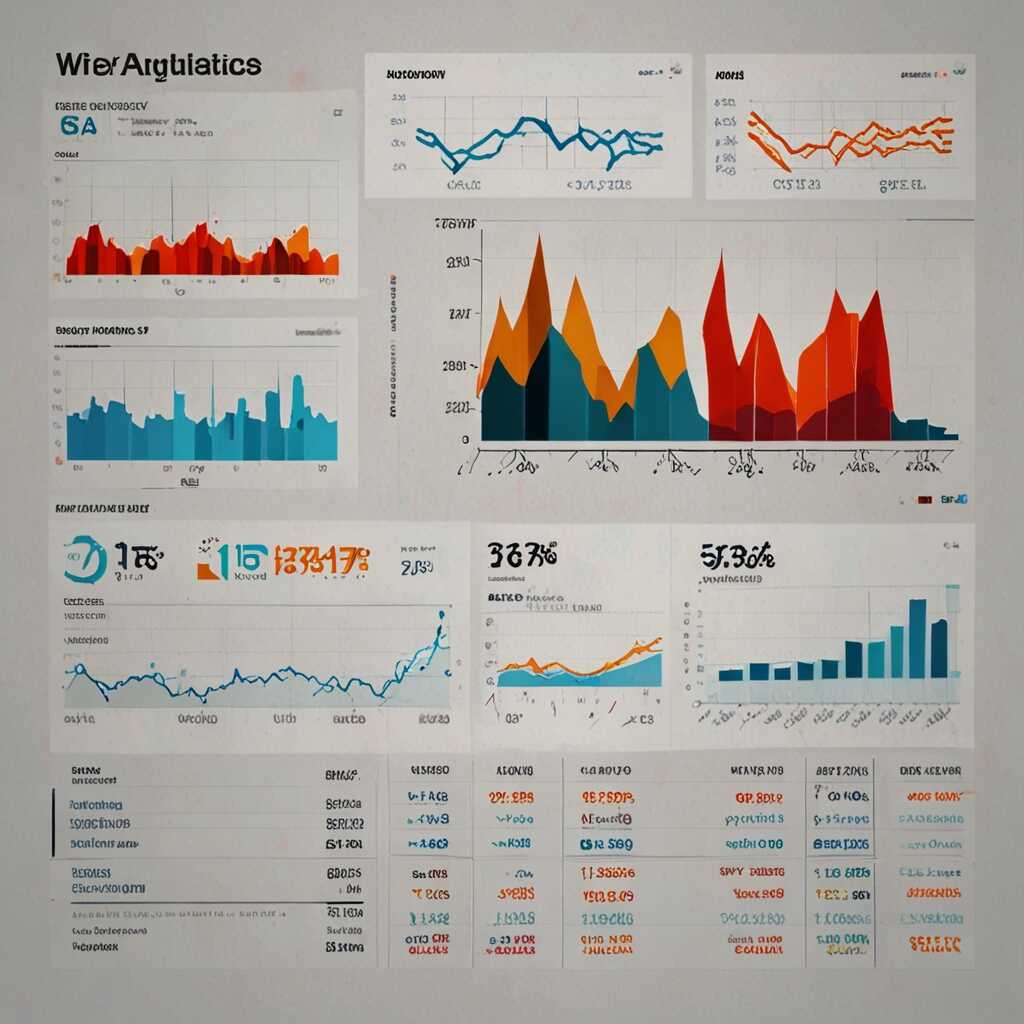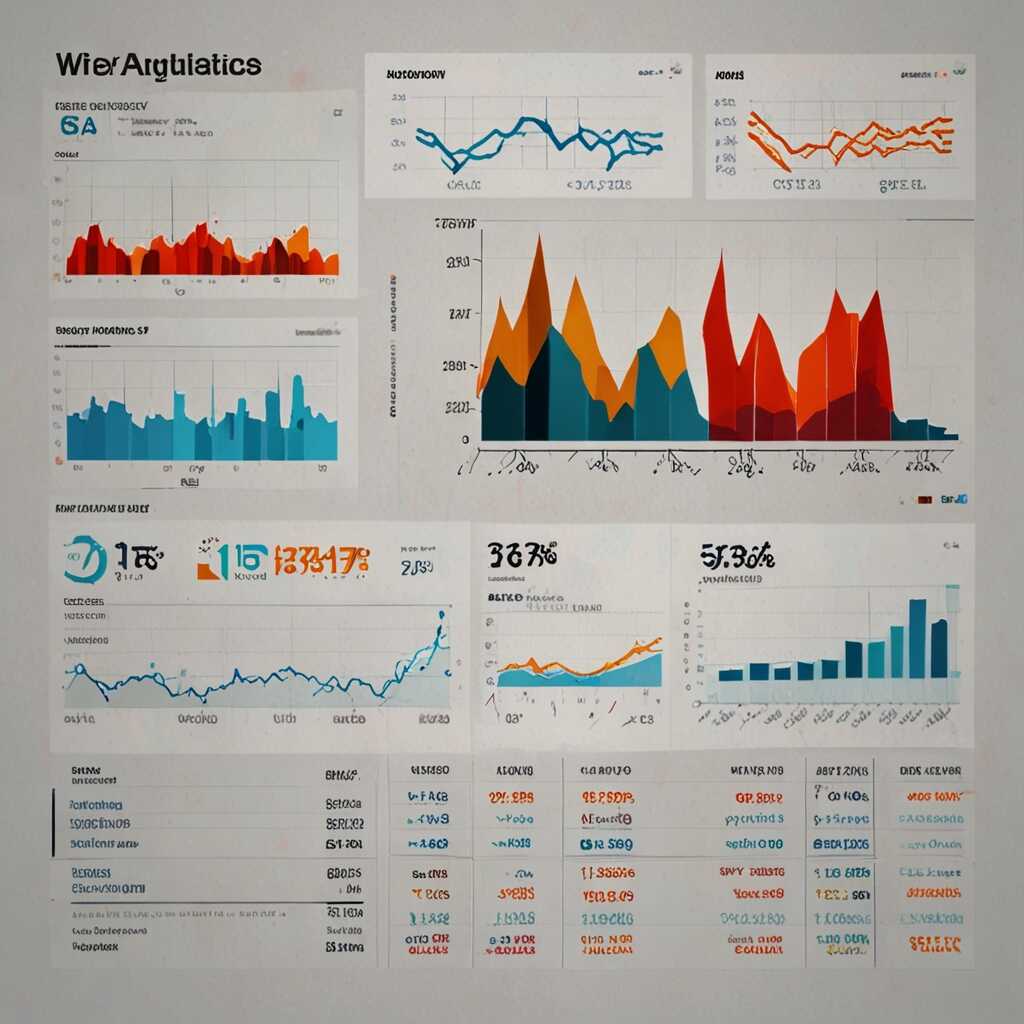Effective tracking and measurement of local SEO performance are essential for any business seeking to improve online visibility.
Utilizing the right tools can provide valuable insights that help you enhance your search engine rankings.
At Metrics Rule, located in Vancouver, we understand that monitoring your local SEO efforts can significantly impact your business success.
In this article, we will explore key tools and strategies to help you effectively assess your local SEO performance.
Introduction to Local SEO
Local SEO is the practice of optimizing a website to enhance its visibility in local search results. It significantly influences how nearby customers find businesses. For example, when a potential customer searches for “best coffee shop near me,” effective local SEO ensures that your business appears prominently in the results. This visibility helps in turning online searches into in-person visits, thereby boosting revenue. Tracking local SEO performance is essential to ensure your strategies are improving online visibility and attracting more customers.
Key Factors in Local SEO Effectiveness
To enhance local SEO effectiveness, businesses should focus on several key factors. Firstly, accurate Google My Business information plays a crucial role in ensuring your business appears in local searches. Secondly, gathering reviews from satisfied customers can improve your overall ratings, which makes your listing more appealing. Additionally, implementing local keywords in your content can signal to search engines your relevance to specific locales. Monitoring these aspects provides valuable data on customer interactions and preferences to further refine local SEO strategies.
Essential Metrics for Assessing Local SEO Performance
To evaluate local SEO success effectively, focus on essential metrics like local keyword rankings, Google Map visibility, and customer engagement metrics. Local keyword rankings reveal how well your business ranks for location-specific searches. Google Map visibility significantly impacts local SEO by increasing the chances that potential customers find your business when searching for related services. Customer engagement metrics, such as click-through rates, reviews, and feedback, provide insights into how customers interact with your business online. These metrics help ensure an accurate assessment of your local SEO effectiveness.
Importance of Local Keyword Rankings for Your Business
Local keyword rankings are crucial for enhancing your online presence. These rankings determine how visible your business is in search engines when users search for location-based keywords. Effective local SEO strategies will often focus on optimizing content with local keywords, leading to improved rankings in search results. For example, if your business specializes in plumbing services in Vancouver, ranking for phrases like “Vancouver plumbing services” can drive more local traffic to your site. Monitoring these rankings regularly helps identify trends and tweak strategies for better performance.

Comparison of Popular Local SEO Tracking Tools
Several local SEO tracking tools stand out in the market today, including Moz Local, BrightLocal, and SEMrush. These tools help businesses monitor their local SEO effectiveness through features like keyword tracking and citation management. Users can gather essential data about their local rankings and online visibility through thorough reviews of each tool’s performance. The best options for 2025 are those that prove reliable and easy to use while offering robust analytics. A good starting point is to look for tools that enable keyword research and provide insights based on local search patterns, helping to enhance overall SEO strategies.
Essential Features of Local SEO Tracking Tools
When comparing local SEO tracking tools, it’s important to examine essential features that improve performance measurement. Tools like Moz Local offer citation audits and keyword tracking, while BrightLocal provides review monitoring and local rank tracking. SEMrush, on the other hand, includes a complete suite for competitor analysis and keyword research, ensuring you have a comprehensive understanding of your local SEO landscape. Choosing tools with proven reliability and efficiency will help you stay ahead in the ever-changing digital marketing environment.
Key Metrics for Evaluating Success in Local Online Visibility
- Over 70% of consumers visit a business within five miles of their location.
- Local searches lead to a 28% conversion rate on average.
- Approximately 46% of all Google searches seek local information.
- Maps searches drive 84% of consumers to store locations.
- Only 18% of small businesses successfully track their local SEO performance.
- On average, 88% of mobile searches call or visit a business within 24 hours.
- Roughly 25% of searches for local businesses result in a purchase within one day.

Interpreting Data and Insights from SEO Tracking Tools
To effectively interpret trends from local SEO data, users should focus on key metrics such as organic traffic, keyword rankings, and engagement rates. These metrics, provided by tools like Google Analytics, reveal how well your website is performing in local searches. Users can enhance their understanding by comparing historical data, identifying patterns over time, and analyzing seasonal trends that impact user behavior. Regular reviews of these metrics will help businesses make informed decisions, ensuring their strategies evolve in response to changing market dynamics.
Identifying Essential SEO Performance Metrics
When analyzing local SEO performance, users must focus on essential SEO performance metrics like click-through rates (CTR), bounce rates, and average session duration. These metrics enable businesses to gauge user engagement and satisfaction effectively. For instance, a high bounce rate may signal that your landing pages are not fulfilling user expectations, while improvements in CTR can indicate effective keyword targeting. Tools like Google Search Console and SEMrush can handle large data sets, delivering crucial insights that help refine your SEO strategies and improve overall digital performance. By using these metrics, businesses can drive data-driven SEO strategies that enhance their visibility and engagement in local search results.

Maximizing the Use of Google My Business for SEO Insights
Business owners should optimize their Google My Business listings by ensuring accurate and comprehensive information. Include essential details like business hours, location, and services offered. Responding to reviews and updates also enhances engagement. Using posts to share updates can improve local SEO results, as higher engagement rates signal to Google the relevance of your listing. Regularly updating your listing ensures you maintain reliability in local search results. Features like Google My Business Insights allow businesses to track performance metrics effectively, helping to adjust strategies for better visibility.
Understanding Google My Business Features for Enhanced Engagement
Understanding the features of Google My Business can significantly enhance your local SEO performance. Essential features include posting updates, managing customer reviews, and utilizing Q&A sections to engage with potential customers. Research indicates that businesses that update their listings regularly experience up to a 70% increase in visibility. Analytics from Google My Business provide insights into how customers find your listing, enabling strategies that can boost local traffic and engagement. For effective testing and optimization, evaluate which posts or features contribute most to user engagement and adapt your approach accordingly.
Advantages of Utilizing Tools for Assessing Nearby Search Performance
- Improved ranking in local search results enhances visibility.
- Analytics tools provide insights into user behavior and engagement.
- Enhanced understanding of competitor strategies aids in planning.
- Tracking tools help in monitoring performance over time.
- Identifying high-performing keywords boosts site traffic.
- Improving local citations increases credibility among consumers.
- Data-driven decisions lead to more effective marketing strategies.

Integrating Various Analytics Tools for Comprehensive Understanding
To effectively gauge local SEO performance, businesses should track several critical metrics. These include local search visibility, keyword rankings, website traffic from local searches, and conversion rates. By analyzing these metrics, businesses can identify areas needing improvement. Integrating multiple analytics tools like Google Analytics, Moz, and SEMrush enhances this process, providing a holistic view of local SEO performance. Each tool offers specialized features, ensuring thorough tracking of various metrics that contribute to a business’s online presence. Studies show that businesses that integrate several analytics tools often report a significant increase in local search visibility, further enhancing their overall performance.
Maximizing Insights from Combined Analytics Platforms
Integrating different analytics platforms maximizes the insights available for local SEO tracking. Using platforms like Google Analytics for general traffic analysis, Moz for local rankings, and SEMrush for competitive analysis provides a well-rounded view. Each platform has unique features designed to enhance understanding of local SEO metrics. For instance, Google Analytics tracks user behavior and conversion rates, while SEMrush offers in-depth competitive research. Together, these insights help identify keyword gaps and local search opportunities efficiently. By ensuring a comprehensive approach to data analysis, businesses can make informed decisions that improve their SEO strategies and ultimately enhance their online visibility.
Avoiding Common Pitfalls in Local SEO Tracking
Many businesses fall into traps when tracking their local SEO efforts. A common mistake is relying solely on one data source, which can limit accuracy. It’s essential to use diverse local SEO tracking tools such as Google Analytics and Google My Business for a well-rounded perspective. Failing to set clear, measurable goals also leads to confusion. Businesses should regularly review their local SEO performance metrics, ideally on a monthly or quarterly basis, to ensure they stay on track. Not adjusting strategies based on these reviews may hinder overall search visibility.
Essential Strategies for Accurate SEO Tracking
To enhance reliability in local SEO tracking, businesses should adopt a multi-faceted approach. Begin by integrating various tools that offer comprehensive insights, such as keyword tracking, citation audits, and performance reviews. Utilizing tools that compare your site’s performance against competitors can highlight technical areas needing improvement. Moreover, conduct regular testing of your strategies, ensuring that they are designed to meet specific local search intent. With the right tools and approaches, you’re not just collecting data but actively improving your local search visibility for better results.
Leading Brands and Their Applications in Local Search Tracking
- Google My Business: Best for maximizing local visibility through detailed business profiles.
- SEMrush: Great for keyword tracking and competitive analysis but can be complex.
- Ahrefs: Ideal for backlink analysis but has a steeper learning curve.
- Moz Local: Effective for citation management and monitoring but may lack advanced features.
- BrightLocal: Focused on local SEO metrics but may not have robust analytical tools.
- Ubersuggest: Offers keyword insights and competitor analysis but may provide limited data for some users.
- Local SEO tools help small business consultants customize strategies based on client needs.
Establishing Achievable Goals and Monitoring Progress
Setting achievable local SEO goals requires understanding current performance data. Local business owners should analyze metrics like organic traffic, keyword rankings, and local search visibility. By identifying areas needing improvement, such as specific keywords or geographic areas, they can set focused goals. It’s essential to track these metrics over time to evaluate progress and ensure that efforts deliver results. Tools like Google Analytics and local SEO software provide critical insights into performance metrics and help measure the effectiveness of strategies over time.
Effective Tracking Tools for Local SEO Growth
Using effective SEO monitoring tools can significantly enhance your local SEO performance. Tools such as Moz, SEMrush, and Ahrefs offer comprehensive analytics to track search rankings, backlinks, and keyword performance. These platforms provide detailed reports and insights that can help identify trends and areas for growth. By integrating these tools into your strategy, you can easily measure progress towards your SEO goals. Additionally, Google Data Studio can help visualize your data, enabling you to identify patterns and make informed decisions quickly. Consistent tracking with these tools allows you to observe realistic improvements, ensuring that your local business stays competitive in search results.
